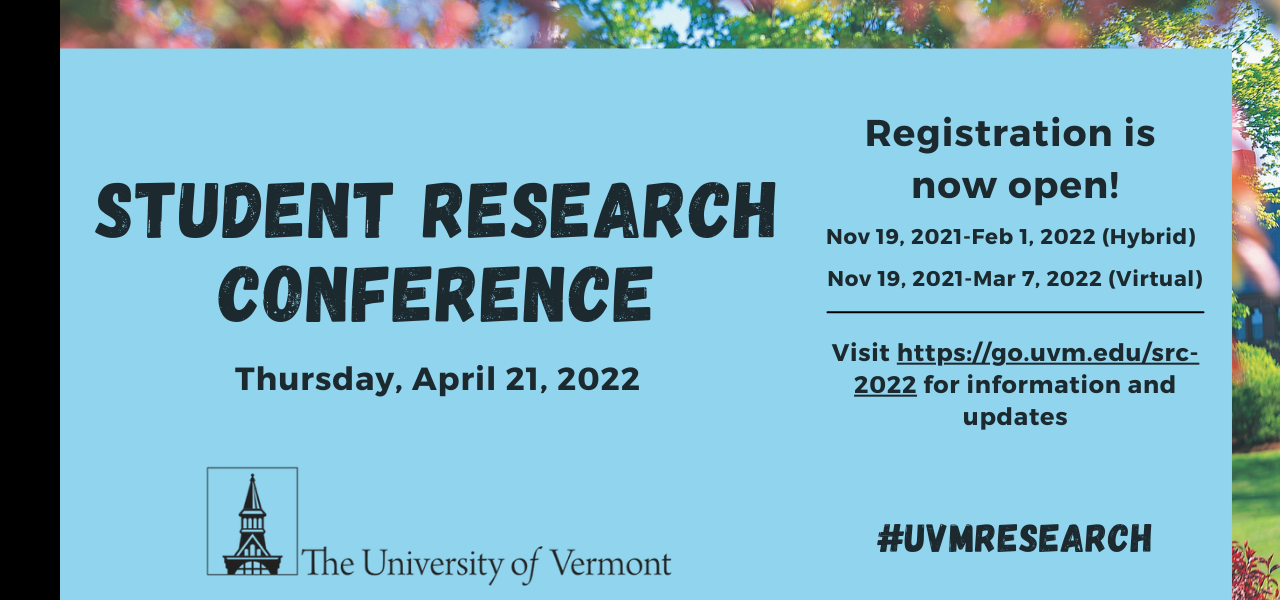Whole-genome sequencing shows the role of gene regulation in local adaptation to environmental variability
Conference Year
January 2022
Abstract
Different populations of purple sea urchins have been experiencing different magnitudes of pH variability for millions of years and as a consequence have evolved population-specific phenotypic plasticity. In this study, the whole genome of 140 purple urchins from 7 populations experiencing different pH variabilities was sequenced and set of mutations putatively involved in local adaptation were identified. We found that many of these mutations are located in genes involved in ion transmembrane transport and carbonate dehydratase activity, and enhancer regions and coding regions of transcription factors, supporting the idea that gene regulation is important in adaptation to variable environmental conditions.
Primary Faculty Mentor Name
Melissa Pespeni
Status
Graduate
Student College
College of Arts and Sciences
Program/Major
Biology
Primary Research Category
Biological Sciences
Whole-genome sequencing shows the role of gene regulation in local adaptation to environmental variability
Different populations of purple sea urchins have been experiencing different magnitudes of pH variability for millions of years and as a consequence have evolved population-specific phenotypic plasticity. In this study, the whole genome of 140 purple urchins from 7 populations experiencing different pH variabilities was sequenced and set of mutations putatively involved in local adaptation were identified. We found that many of these mutations are located in genes involved in ion transmembrane transport and carbonate dehydratase activity, and enhancer regions and coding regions of transcription factors, supporting the idea that gene regulation is important in adaptation to variable environmental conditions.


